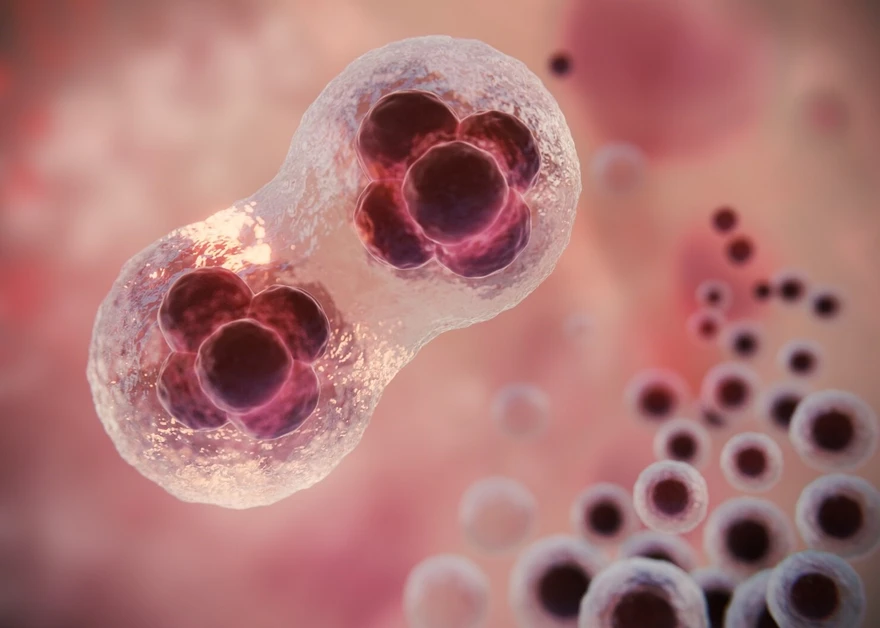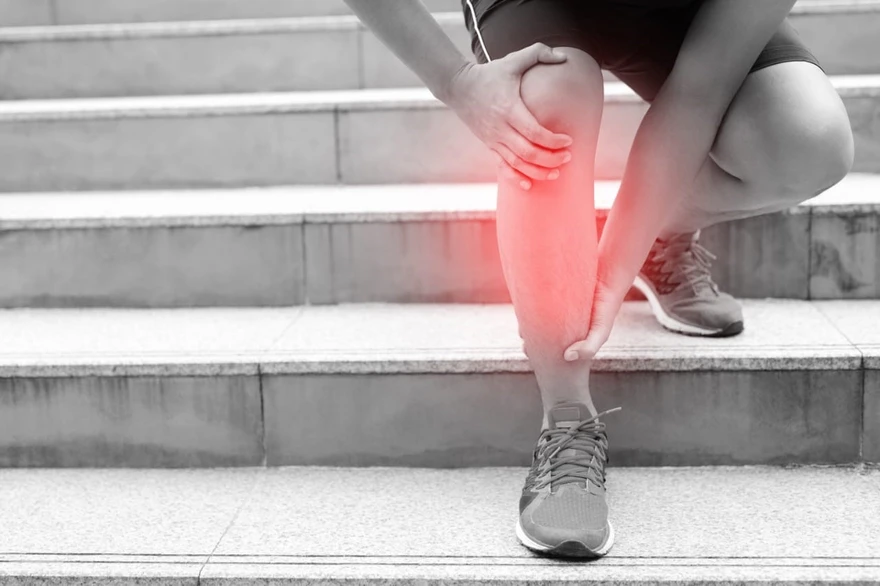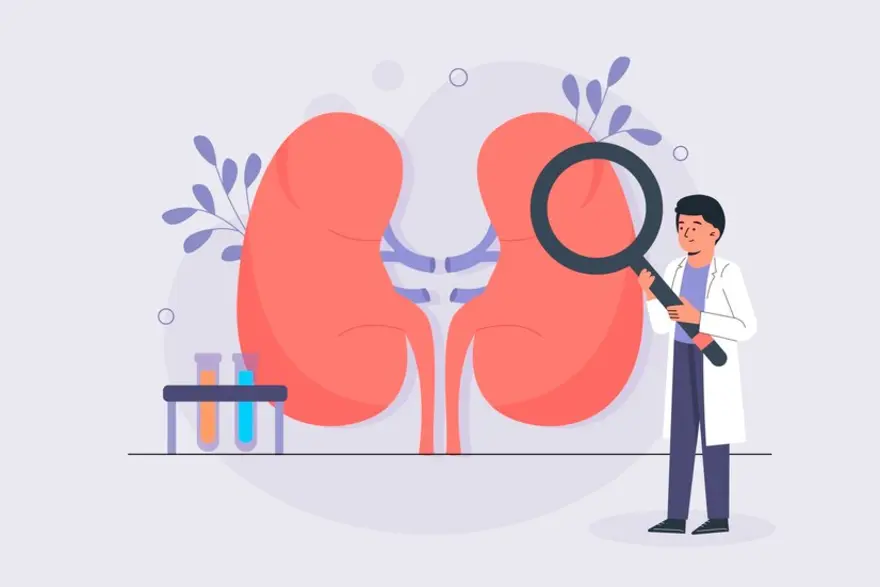Preventive Healthcare
Exploring Varicocele: The Symptoms, Diagnosis, And Treatment
1608 Views
0

What is a varicocele?
When the veins within your scrotum, a pouch of skin and muscular tissues that contain the testicles, enlarge, the condition is called varicocele. These veins carry the deoxygenated blood from your testicles. However, when the blood fails to circulate properly and pools in the veins, it leads to varicocele.
Can varicoceles affect fertility?
A varicocele is likely to affect the development of a testicle and cause low sperm production. These varicocele-related problems may lead to infertility.
How common are varicoceles?
Varicocele is a common condition. Around 15% of the healthy men population develop varicocele, and nearly 35% with primary infertility have varicocele.
What are the symptoms of a varicocele?
In most cases, the left side of the scrotum develops varicocele. Although you may not experience any signs or symptoms if you have varicocele, the possible varicocele symptoms may include the following:
- A dull pain in your testicles or scrotum that feels better when you lie back
- Scrotal or testicular swelling due to varicocele
- Varicocele-related testicular atrophy (shrinkage of your testicles)
- Inability to father a child (infertility) after trying for at least one year
- Formation of a lump on the varicocele-affected testicle
What is the main cause of a varicocele?
Read to understand what causes varicocele.
There are two testicular arteries on either side of your scrotum. These arteries carry the oxygen-rich blood to the testicles.
Likewise, there are two veins in your testicles that transport the deoxygenated blood from your testicles back to the heart.
Also, there is a nexus of small veins within your scrotum. It is called the pampiniform plexus. This network takes oxygen-depleted blood from your testicles to the chief testicular vein. The enlargement of the pampiniform plexus is one of the varicocele causes.
While the exact varicocele cause is not yet known, when the valves in the testicular vein do not work properly, the blood may pool inside the veins. It leads to swelling of the veins over time, causing varicocele.
What are the complications of a varicocele?
Varicoceles often hamper your body's ability to regulate your testicular temperature, resulting in toxin build-up and oxidative stress. The following complications are associated with varicocele:
- Male hypogonadism (low testosterone): Testosterone is a male hormone produced by your testicles. It is responsible for the development of male characteristics when you hit puberty. A low testosterone level may lead to shrinkage of your testicles while reducing your muscle mass and sexual urge and causing depression. It is one of the complications of varicocele.
- Azoospermia: Larger varicoceles may also cause azoospermia (the absence of sperm in the ejaculated semen). It is likely to cause infertility in males.
How is a varicocele diagnosed?
Your doctor will diagnose a varicocele by examining your scrotum physically - in a stand-up and lie-down position. When you are standing up, your doctor is likely to ask you to take a deep breath, hold it, and put pressure on your abdomen. This process is called the Valsalva manoeuvre. It makes varicocele diagnosis easy.
Your order may ask you to test the following test done:
- Pelvic ultrasound: This is an imaging test that provides a clear view of the testicular veins and is one of the widely used tests to diagnose varicocele.
- Semen analysis: This analysis helps your doctor get an idea of your sperm health.
- Blood test: It is ordered to check the levels of your testosterone and follicle-stimulating hormone (FSH). If you have varicocele, your testosterone levels are usually low.
Once a varicocele is diagnosed, your doctor will grade varicocele in the following way:
- Grade 0 Varicocele - It is when your doctor cannot see or feel a varicocele during the physical assessment but on a pelvic ultrasound plate.
- Grade I Varicocele: A varicocele is identified as Grade I when your doctor cannot see the enlargement but during the Valsalva manoeuvre test.
- Grade II Varicocele: It is a varicocele that your doctor can feel even without performing the Valsalva manoeuvre test. However, it still cannot be seen.
- Grade III Varicocele: This type of varicocele can be easily felt and seen.
What is varicocele surgery?
A varicocele treatment surgery is also known as varicocelectomy. Your doctor recommends varicocele surgery if your varicocele is severe, painful, or affects your ability to be a father. During this varicocele surgery, a specialised surgeon will operate and trim the affected veins and seal the ends while redirecting blood flow to the healthy scrotal veins.
How long does it take to recover from varicocele treatment?
Usually, it takes around six weeks to fully recover after a varicocele treatment surgery.
What happens if a varicocele is left untreated?
Varicocele treatment depends on its grade. If your varicocele is small and does not cause any symptoms, your doctor is unlikely to recommend a treatment. However, if your varicocele is large and causes discomfort, leaving it untreated can lead to permanent damage to your testicles.
What is the outlook for varicocele?
Varicoceles may not cause any symptoms in most people. Some may feel mild pain or discomfort while performing certain physical activities. However, varicoceles are unlikely to cause long-standing health issues.
If you are experiencing fertility issues, get in touch with your doctor to understand the treatment options, including varicocele therapy and varicocele surgery.
When to see a doctor?
If you are experiencing varicocele symptoms, such as infertility, it is important to consult a doctor at the earliest. They can diagnose varicocele and suggest the most suitable varicocele treatment for you.
Additionally, after receiving the varicocele treatment, it is essential to schedule follow-up appointments with your doctor. It will allow them to monitor your health and order any necessary tests to ensure that your varicocele treatment is effective.
Conclusion
Varicocele is a common health condition that affects people assigned male at birth (AMAB) at various ages and stages of life. Although some may not experience any varicocele symptoms, others may experience mild symptoms of varicocele.
The decision to treat a varicocele depends on the grade of varicocele. In most cases, wearing supportive underwear or a jockstrap or using over-the-counter (OTC) pain medication can provide relief from minor symptoms of varicocele.













1701259759.webp)









 WhatsApp
WhatsApp